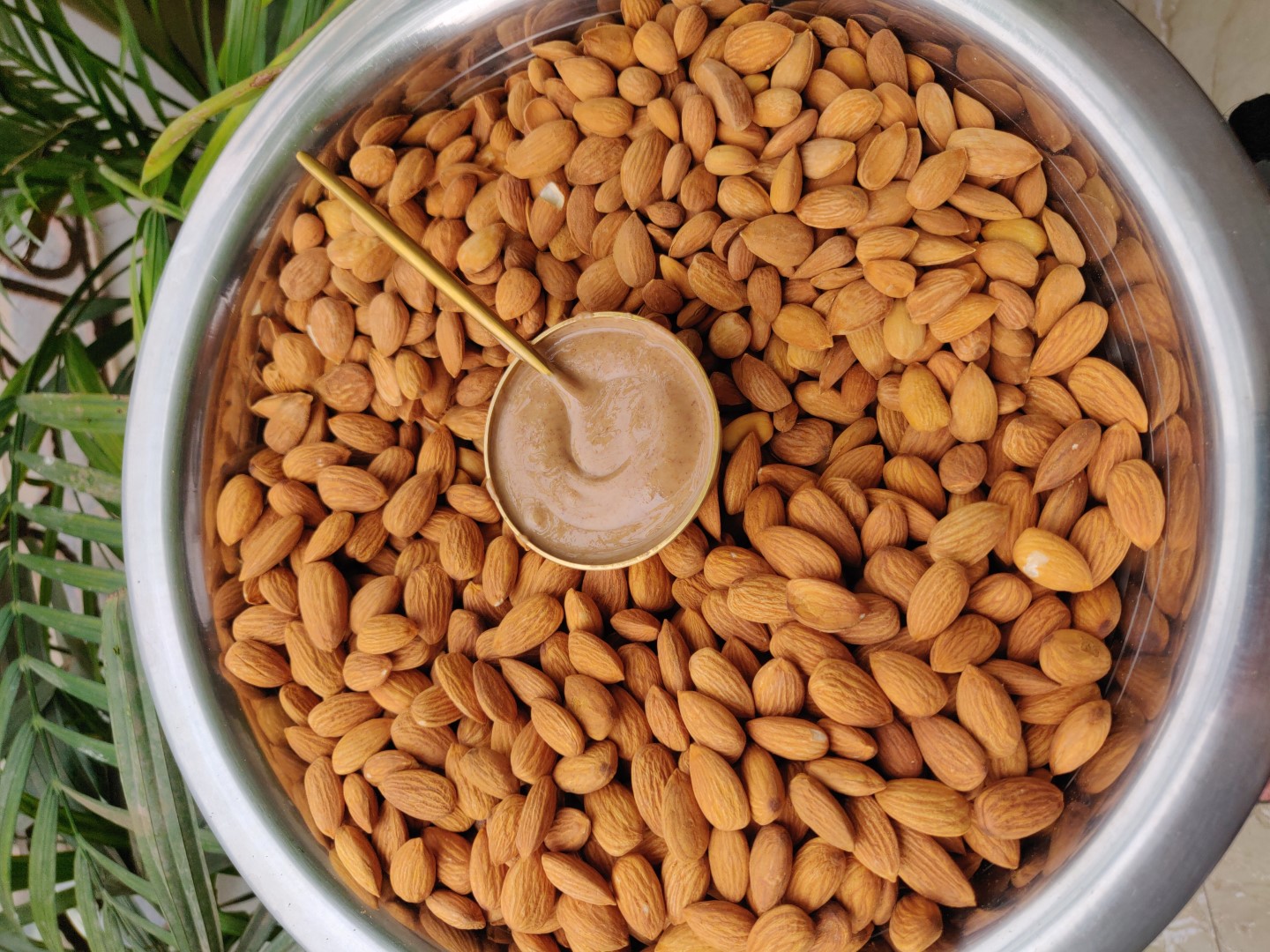
When it comes to weight loss, finding the right foods to support your journey is essential. Almonds, with their crunchy texture and nutty flavor, are often touted as a superfood for weight management. In this comprehensive blog post, we will explore the potential benefits of almonds for weight loss, dive into their nutritional profile, discuss the science behind their effects, and provide practical tips on how to incorporate almonds into your daily diet. Get ready to discover the power of almonds and how they can contribute to your weight loss success! 🌰⚖️
The Nutritional Powerhouse: Unveiling the Benefits of Almonds 🌰🌿
Almonds are nutrient-dense nuts that offer a wide array of vitamins, minerals, and beneficial compounds. Let’s take a closer look at the nutritional profile of almonds:
1. Healthy Fats: Almonds are rich in monounsaturated fats, which are heart-healthy fats that can promote satiety and support overall health.
2. Protein: Almonds are a good source of plant-based protein, making them a satisfying snack that can help curb hunger and maintain muscle mass during weight loss.
3. Fiber: Almonds are high in dietary fiber, which aids in digestion, promotes feelings of fullness, and supports healthy bowel movements.
4. Vitamins and Minerals: Almonds provide essential vitamins and minerals such as vitamin E, magnesium, and calcium, which are important for various bodily functions.
The Potential Benefits of Almonds for Weight Loss 🌰⚖️
Incorporating almonds into your weight loss plan can offer several potential benefits:
1. Satiety and Hunger Control:
The combination of healthy fats, protein, and fiber in almonds can help increase feelings of fullness and reduce the likelihood of overeating. Including almonds as part of a balanced meal or snack can help control hunger and prevent unnecessary snacking.
2. Nutrient-Density:
Almonds are packed with essential nutrients, making them a nutrient-dense snack choice. By choosing almonds as a snack instead of processed foods, you can provide your body with important vitamins and minerals while keeping your calorie intake in check.
3. Blood Sugar Regulation:
Almonds have a low glycemic index, meaning they have a minimal impact on blood sugar levels. This can be beneficial for weight management as it helps stabilize blood sugar and prevent energy crashes that may lead to cravings and overeating.
4. Healthy Fats for Energy:
The healthy fats in almonds provide a source of sustained energy, which can help you feel more energized and satisfied throughout the day. This can support physical activity and adherence to a healthy eating plan.
Practical Tips for Incorporating Almonds into Your Weight Loss Journey 🌰⚖️
To make the most of almonds for weight loss, consider the following tips:
- Mindful Portion Control: Almonds are energy-dense, so it’s important to practice portion control. Stick to a handful (about 1 ounce) of almonds as a snack or incorporate them into meals for added texture and flavor.
- Add Crunch to Salads: Sprinkle chopped almonds onto salads to add a satisfying crunch and boost the nutrient content of your meal. This can help make your salad more filling and enjoyable.
- Almond Butter as a Spread: Swap out traditional spreads with almond butter on whole grain toast or as a dip for fruits and vegetables. The protein and healthy fats in almond butter can help keep you satisfied between meals.
- DIY Trail Mix: Create your own customized trail mix by combining almonds with other nuts, seeds, and dried fruits. This homemade snack can provide a nutrient-packed and satisfying option for on-the-go.
- Almond Flour in Baking: Substitute almond flour for regular flour in baked goods to increase the nutrient content and add a delightful nutty flavor. This can be a healthier alternative for those with gluten sensitivities or for those looking to reduce their carbohydrate intake.
The Science Behind Almonds: What Research Says 🌰🔬
Scientific studies support the potential benefits of almonds for weight loss. Research suggests that incorporating almonds into a calorie-controlled diet can lead to greater weight loss compared to diets without almonds. The satiating effects of almonds, along with their nutrient density, may contribute to improved adherence to a weight loss plan and better long-term success.
Conclusion: Harnessing the Power of Almonds for Weight Loss Success 🌰⚖️
With their nutrient-dense profile, satiating properties, and potential health benefits, almonds can be a valuable addition to your weight loss journey. By incorporating almonds into your diet in a mindful and portion-controlled manner, you can enjoy their taste, texture, and nutritional benefits while working towards your weight loss goals.












